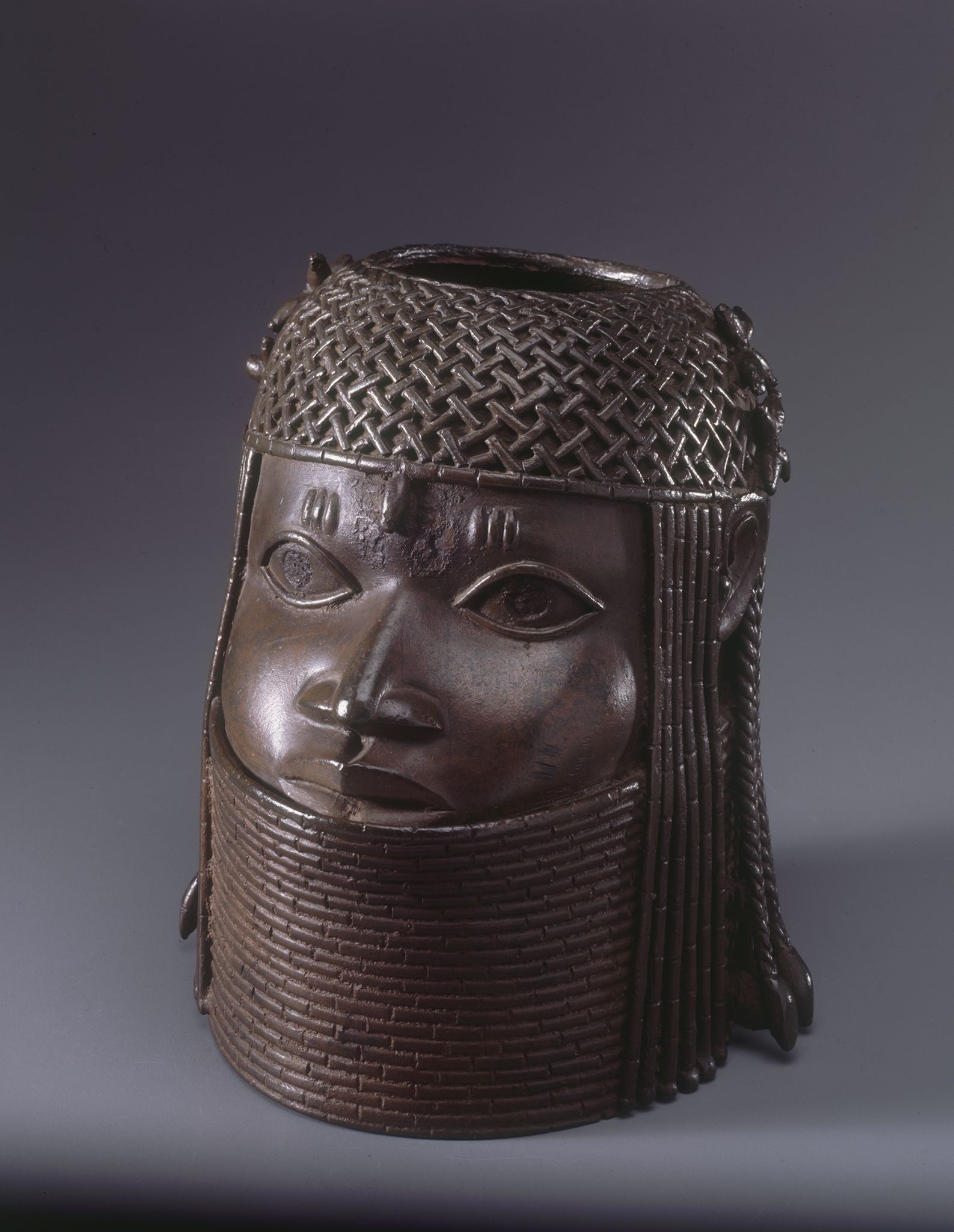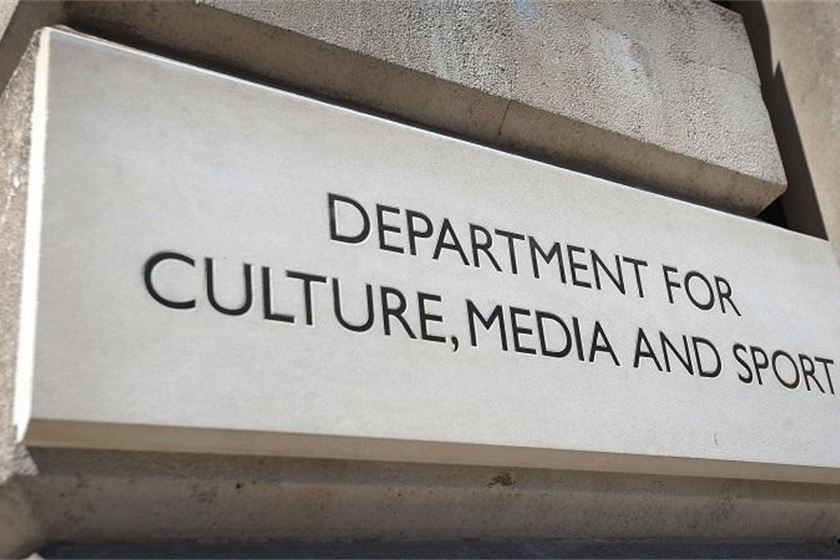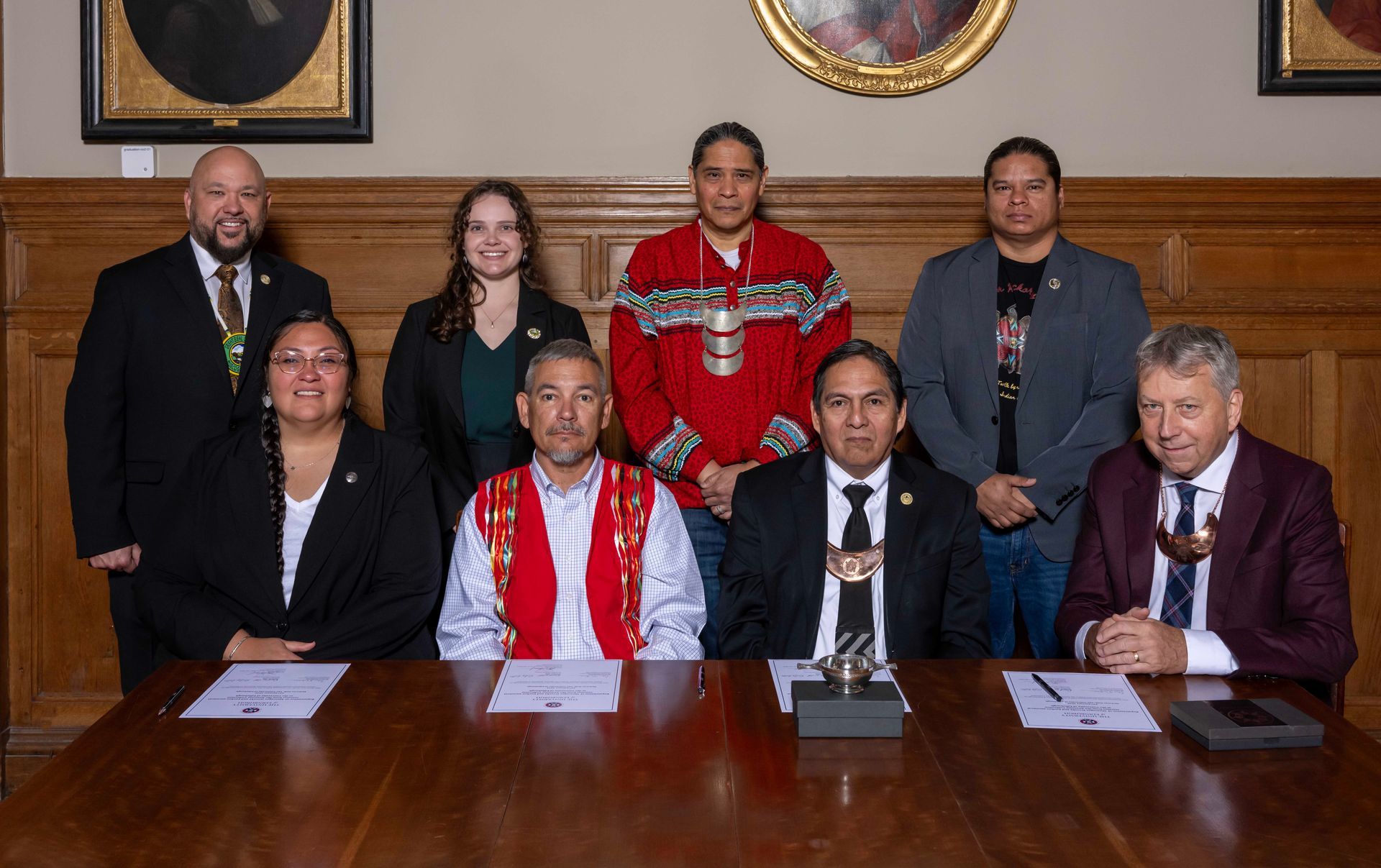Cultural Restitution
SHARE ARTICLE
In the same week the Prussian Cultural Foundation agreed to relinquish Benin Bronzes, “regardless of the circumstances in which they were acquired”, a request made under the Freedom of Information Act reveals the V&A and the British Museum have each written to Britain’s culture secretary confirming they won’t be returning contested objects.
This latest announcement from Germany comes as no surprise. It follows a previous announcement made last April that confirmed Germany’s “willingness in principle to make substantial returns of Benin Bronzes”.
Nevertheless, it still raises the stakes in an increasingly heated debate over whether legal ownership of the Benin Bronzes should be transferred to Nigeria or whether a policy of long-term loans, advocated by the Benin Dialogue Group, should prevail. It will certainly make a major dent in Germany’s ethnological collections. In addition to Berlin’s Ethnologisches Museum, which holds about 520 objects from Benin (the second largest collection of Benin Bronzes in Europe after the British Museum), a further 24 German collections are likely to be impacted. Responsibility for negotiating the legal and logistical arrangements for returning these objects was given to the Prussian Cultural Heritage Foundation, the federal government body that oversees Berlin's state museums. Now that formal support from the Foundation has been confirmed, Germany can move forward and prepare a detailed timetable with the Nigerian authorities. Already the Foundation has indicated the first returns are expected to take place within the next twelve months.
Germany’s initiative reaffirms their commitment to prioritise their country's moral responsibility to return stolen objects ahead of national interests. By contrast, Britain’s approach couldn't be more different.
A Freedom of Information request made by The Guardian shows that two of Britain’s largest national collections are sticking to their usual uncompromising approach to claims for restitution. Responding to culture secretary Oliver Dowden’s letter to arts organisations warning against “actions motivated by activism or politics”, the British Museum’s outgoing chairman Sir Richard Lambert “agreed that we have no intention of removing controversial objects from public display”. While over at the Victoria and Albert Museum, director Tristram Hunt also wrote to Dowden adding “that it is both impossible and ahistorical to seek to ‘decolonise’ a museum like the V&A given its foundational connection to the history of imperialism”. Hunt went on to explain the V&A had not removed any items of contested heritage as a result of pressures.
Both museums are known to be engaged in active negotiations with Nigeria and Ethiopia (together with various other countries) about returning looted objects. There's even been recent cause for optimism that restitutions may be climbing up their agendas. So why this hard-line, inflexible stance?
One possible reason is because both institutions, like every other museum worldwide, have witnessed huge falls in revenue as a result of closures during the pandemic. With visitor numbers climbing only slowly, both may feel this isn’t the best time to fall out with their paymasters. Their need for government aid remains acute.
With the chairmanship of the British Museum passing to George Osborne, architect of Britain’s austerity programme, the BM’s director is now facing a dilemma. UK regional and university museums are generally heading in the same direction as German, Dutch and Belgian state museums by agreeing the principle of returning plundered artefacts. But national collections are far more dependent on government funding so, however willing the BM's director may be to reverse the Museum's direction, this could be the wrong time to propose change or flexibility to a government whose instructions are to "retain and explain". In current conditions, a sympathetic ear from government would seem unlikely…. at least while the present regime remains in office.
Meanwhile, casting a shadow over all these developments is what some commentators have been warning about for some time: that Nigerians themselves are conflicted about the return of the Bronzes. Who should decide where and how their return is managed. Is Nigeria and Edo State ready to administer the return of their stolen heritage?
Those in charge at the Legacy Restoration Trust and the proposed new Edo Museum of West African Art (EMOWAA) are convinced they are. However, while Edo State Governor Godwin Obaseki unveiled early-phase plans for a 'museum pavilion' to be constructed on the EMOWAA site, there were reports this week that a coalition of Benin youth groups are objecting to Obaseki's plan to house the returned Benin Bronzes in the David Adjaye-designed EMOWAA. A report in the Nigerian Tribune says these groups reject the role played by the Legacy Restoration Trust in determining the future of the Oba's Bronzes. They have vowed to resist the state government’s attempt to decide where the Bronzes should be housed, insisting instead that the current Oba should be the sole recipient of the Bronzes and that the museum should be set up directly opposite the Oba’s Palace.
Commenting on the political vicissitudes of Nigerian politics, Barnaby Phillips, author of the excellent book Loot: Britain and the Benin Bronzes, has cautioned that recent Nigerian history is “full of disappointments and squandered opportunities”. He still believes this chance for Nigerians to play a crucial role in their own future looks encouraging. But he also feels that Nigerian business leaders, politicians and contemporary artists all need to get behind the plans of the Legacy Restoration Trust if this latest initiative to return the Bronzes to Nigeria isn't to be derailed.
With German, Belgian, Dutch and now many UK regional and university collections going in one direction and Britain's national museums in the opposite, the case for returning the Benin Bronzes has never been more polarised.



